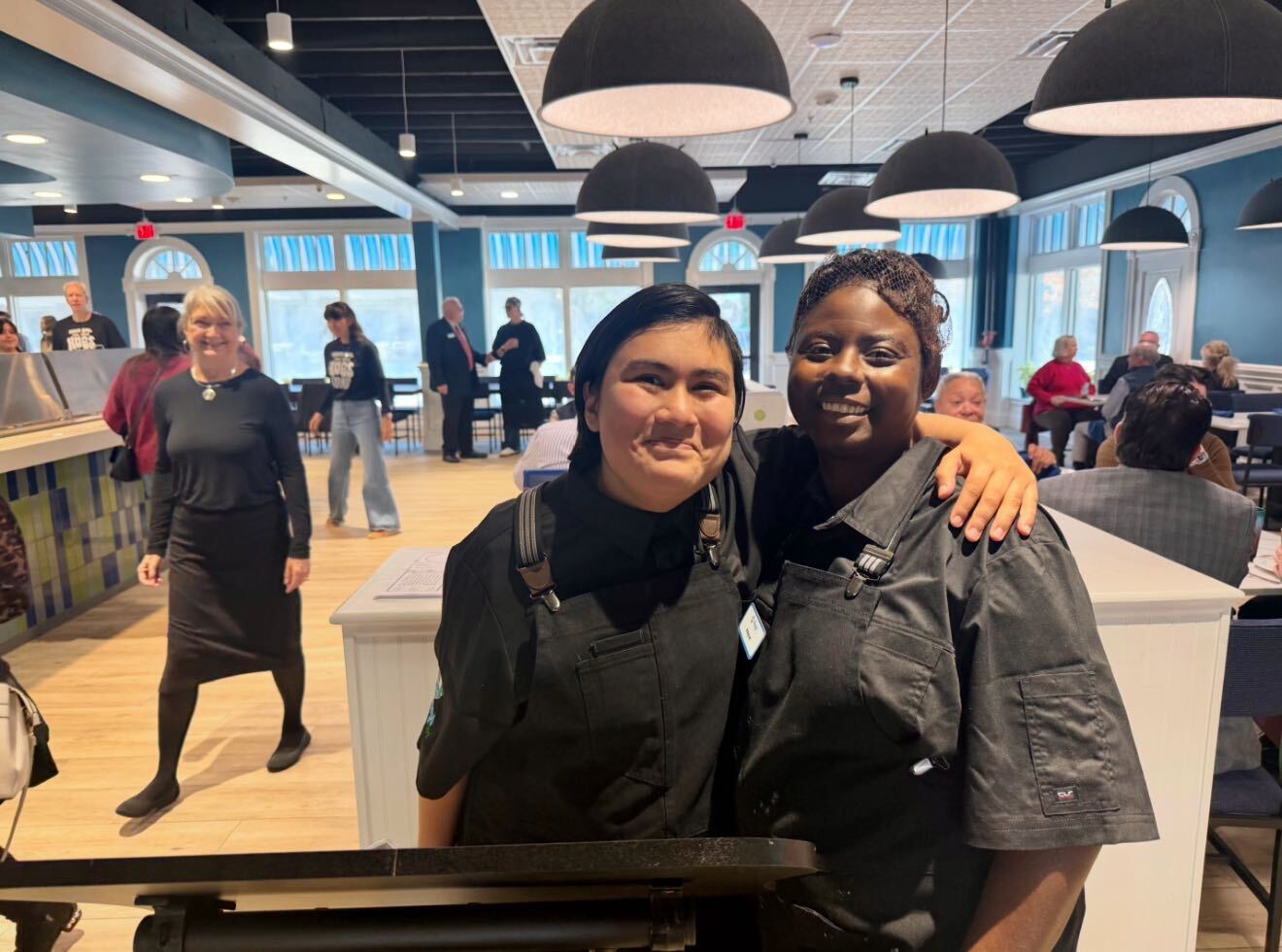Get-togethers and eating raw beef is back for the Ethiopian Diaspora. The community slowed down eating of the traditional dish during the early days of the pandemic.
“We were not sure about apples, let alone raw beef,” says a Silver Spring, Maryland resident Bayou Tufa, referring to the uncertainty of the early days of coronavirus pandemic. Like Tufa, many were hesitant to consume the otherwise popular dish – Foon Dheedhii.
Not anymore.
Whether it is a holiday, a family gathering, or just a weekend for good food, Foon Dheedhii – a raw beef dish – is top on the list for many Ethiopians.
Prepping is easy and fast; small cut strips of beef, homemade spicy sauce, Ethiopian flatbread, and enjoy the big communal plate.
According to the Centers for Disease Control (the CDC), eating raw meat can expose people to food born illness, dangerous bacteria including salmonella. For Foon Diimaa lovers though, it is a family tradition and pride passing from generation to generation.
“I grew up seeing my parents eat the dish. They learned it from their parents. The tradition continues. I could get sick, but I do not think about it,” said Tufa.
The tradition has lasted centuries and crossed borders throughout the world. For example, in the Washington metropolitan area where the largest Ethiopian community outside Africa resides, Ethiopian-owned stores cater to the taste of home.
By the entrance of one of the many Ethiopian stores in downtown Silver Spring, Maryland just outside of Washington is a notice reading, “Consuming raw or undercooked meats may increase your risk of foodborne illness.”
But for many, the sign isn’t enough to keep them away.

